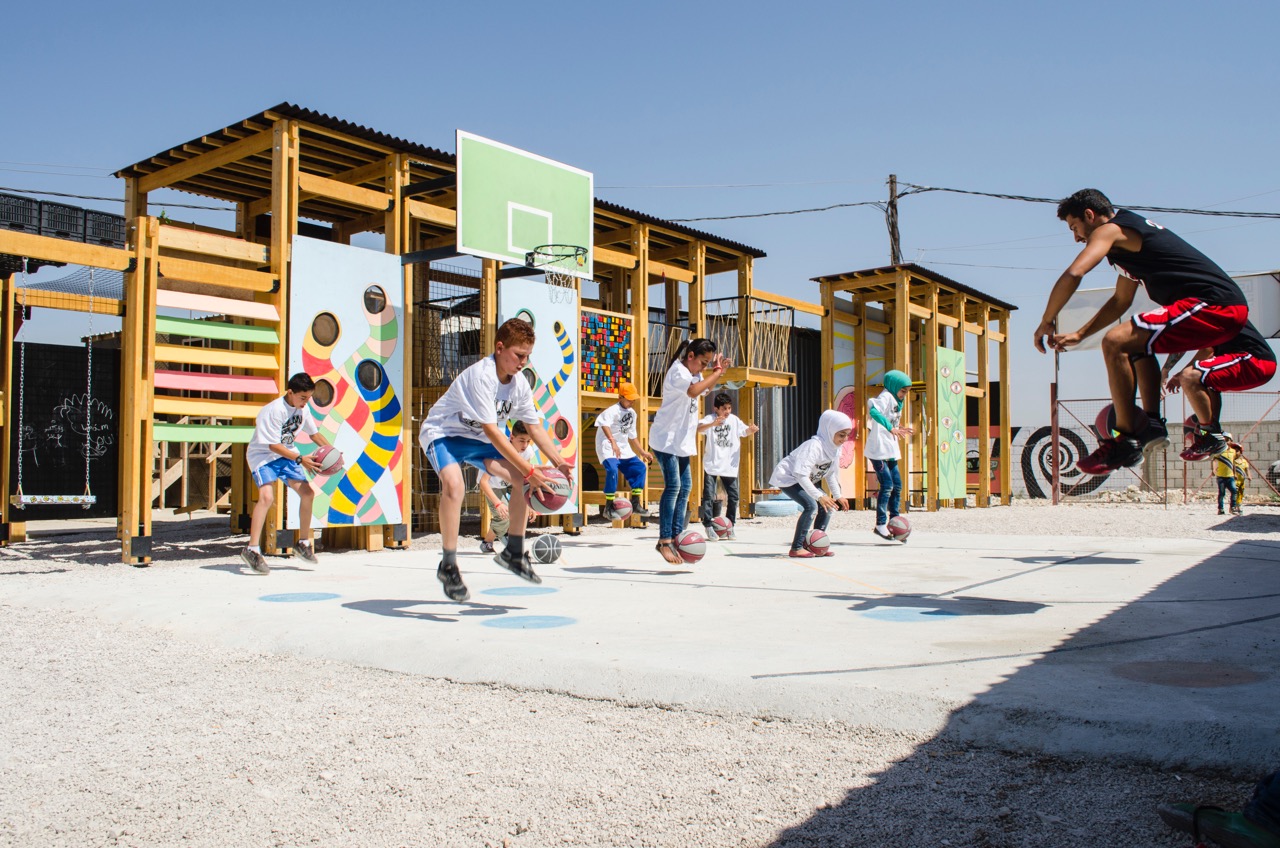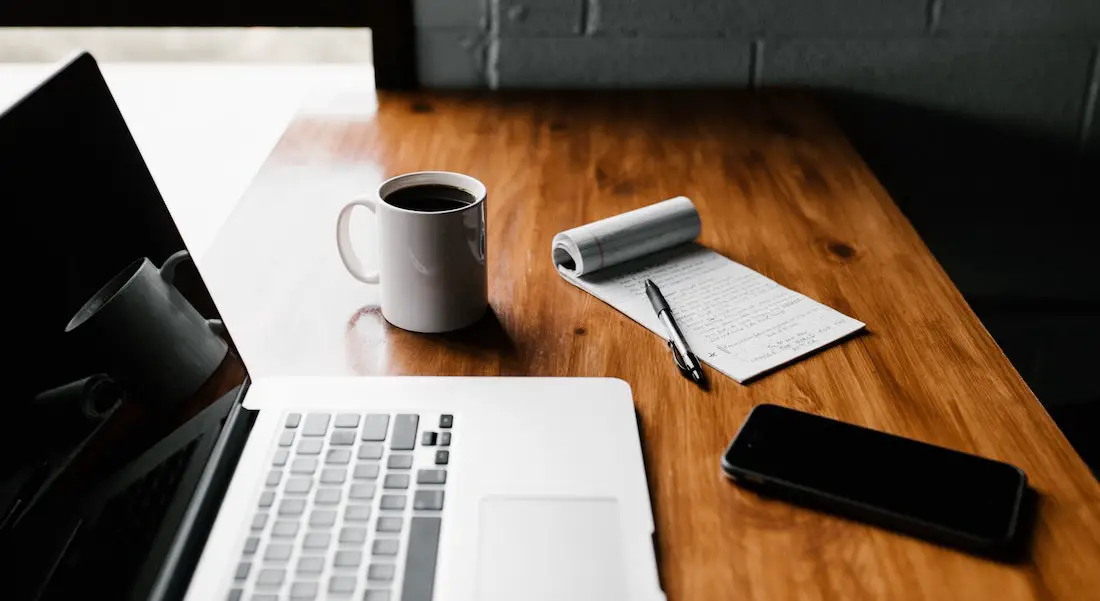Sala Pública (Public Hall) is an artistic intervention that seeks to create dialogue and encourage coexistence in Mexico City’s public space. It is also a recycling project, with the furniture used by the project recovered from markets and garbage dumps and given a second life.
Installations are placed in areas of the city where the influx of people is constant. Armchairs are placed in a circle, waiting for different people who don’t know each other to take a seat and spontaneously begin to talk. Though participants may not know those who have also chosen to sit down, they find themselves facing them. The piece aims to encourage people to reach a common understanding, experiencing – equally and without judgment – the point of view of others. Its purpose is to create an awareness of why verbal communication can be more difficult and conflictive than other methods, with the ultimate goal being to resolve society’s communication crisis.
Those who choose to participate are encouraged to contribute to a free exchange of ideas and information. This is considered fundamental for the transformation of culture, promoting creativity and fighting disinformation. The intervention seeks to investigate the movement of thought and explore the process of collective thought, encouraging participants to examine their preconceived ideas and prejudices.

The following guiding principles shape how Sala Pública works:
- Each individual agrees to be open and respectful to new ideas. If someone hears an idea they don’t like, they must not attack it during the dialogue.
- Honesty and transparency is practiced. If an idea is seen as controversial, this should be respectfully communicated.
- Those in the conversation try to build on the ideas of other individuals.
- Participants must make an effort to suspend their beliefs, opinions, impulses and judgments during the conversation.
- The group agrees that, during the dialogue, no decisions will be made collectively.
What Materials are Used?

Some furniture is donated and some recovered from garbage dumps and second-hand markets. All are given a second life and a fresh start outdoors after being coated with cement. The first location for the project was Alameda Central, before going on to be included in the program of Mexico City’s First Architecture and City Festival. Sala Pública also intends to launch in other cities in Mexico.
Guadalupe Valley, Baja California
In recent months there has been conflict between wine producers and the government. Proposed changes in the law to make housebuilding easier were considered to be a risk to the iconic landscape of the wine-growing region, with the former municipal President and the region’s wine producers unable to reach consensus through verbal negotiation. Instead, the wine producers chose to suspend the Harvest Festival – an annual event of great economic and cultural importance. After this threat was made, it was eventually decided that the law would not change, and the Harvest Festival would go ahead. Unsurprisingly, trust between these stakeholders is damaged, which Sala Pública is aiming to restore.
Culiacán, Sinaloa
This city has become one of the key meeting points of some of the largest drug cartels in the country. A curious phenomena has occured where the government declares a war against drug cartels, and citizens – especially those from the poorest villages – come out in its defense. This issue has become a matter of great debate across the country, down to the very basics of distinguishing the boundaries between right and wrong. We believe that dialogue is a way to reach agreement, and Sala Pública is proposing an open communication agenda to hear the opinions of the citizens of Culiacán and reach a common understanding without prejudice.
The Founders
César López-Negrete and Alejandro D´Acosta, the minds behind Sala Pública, are architects by profession and artists at heart. They have developed their work across the globe, though have had a particular focus on Oaxaca where they created projects such as the Center for Learning and Exchange of Knowledge and Permaculture and the Architecture Workshop, both of which aim to bring socially positive contributions to the region.
Images: Sala Pública


